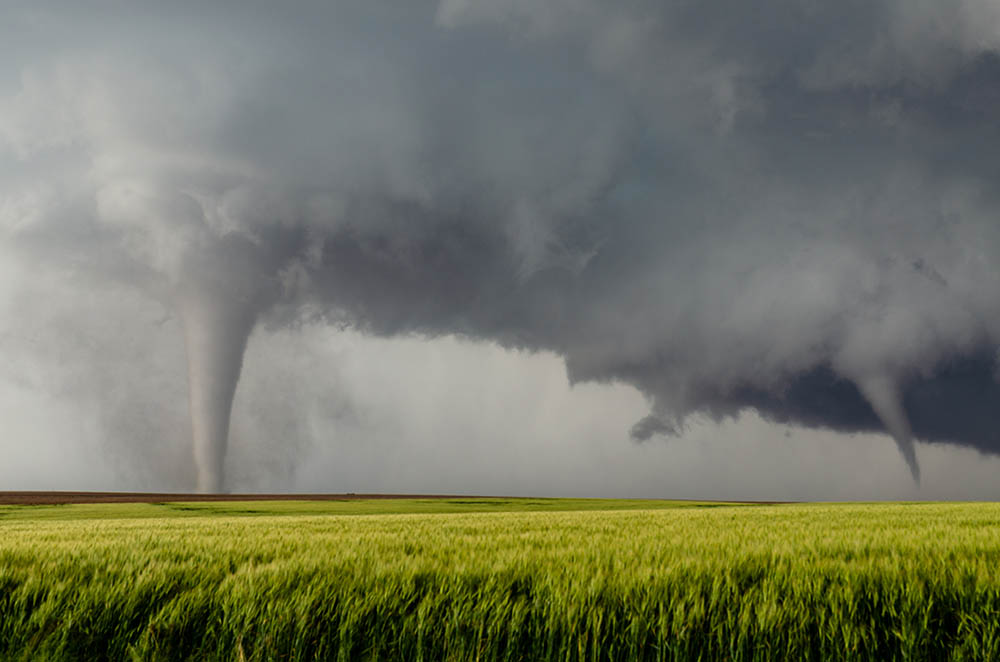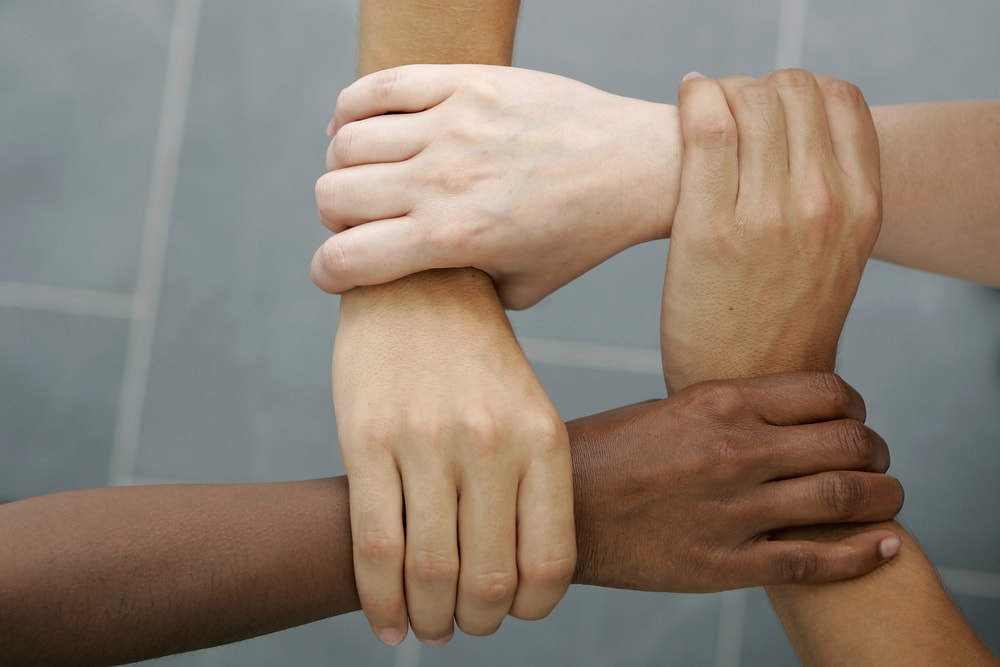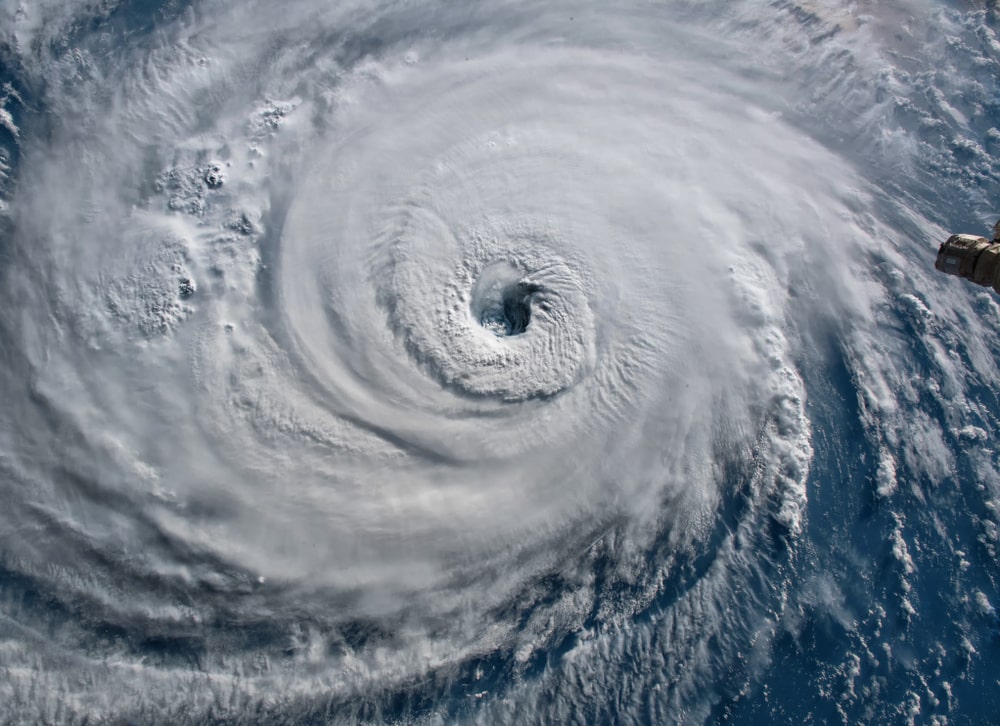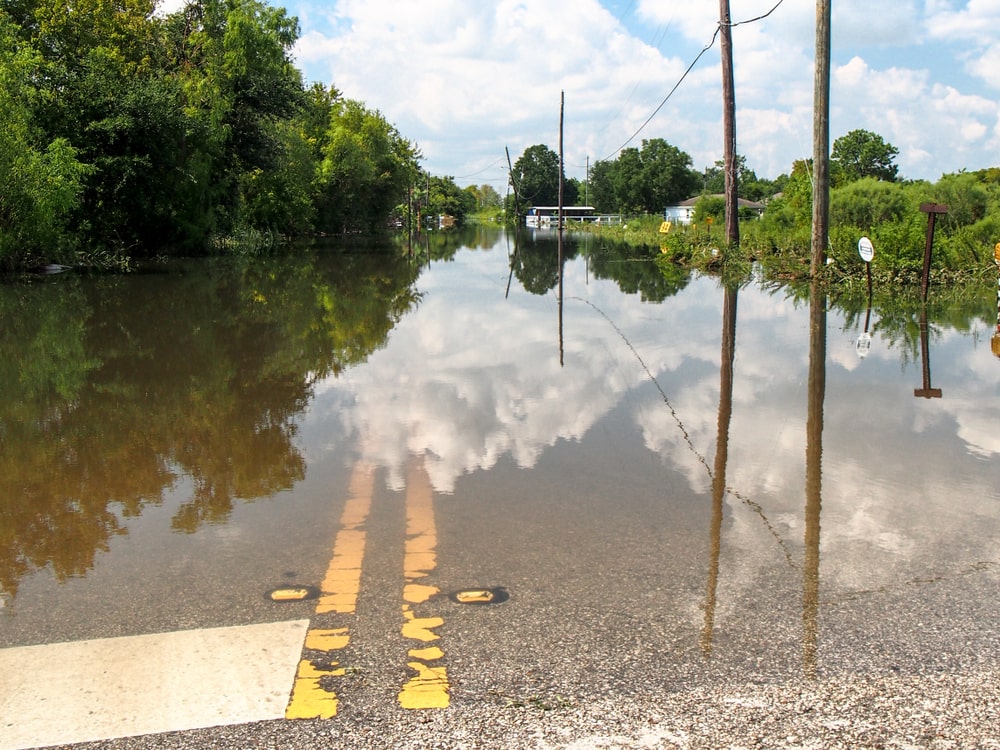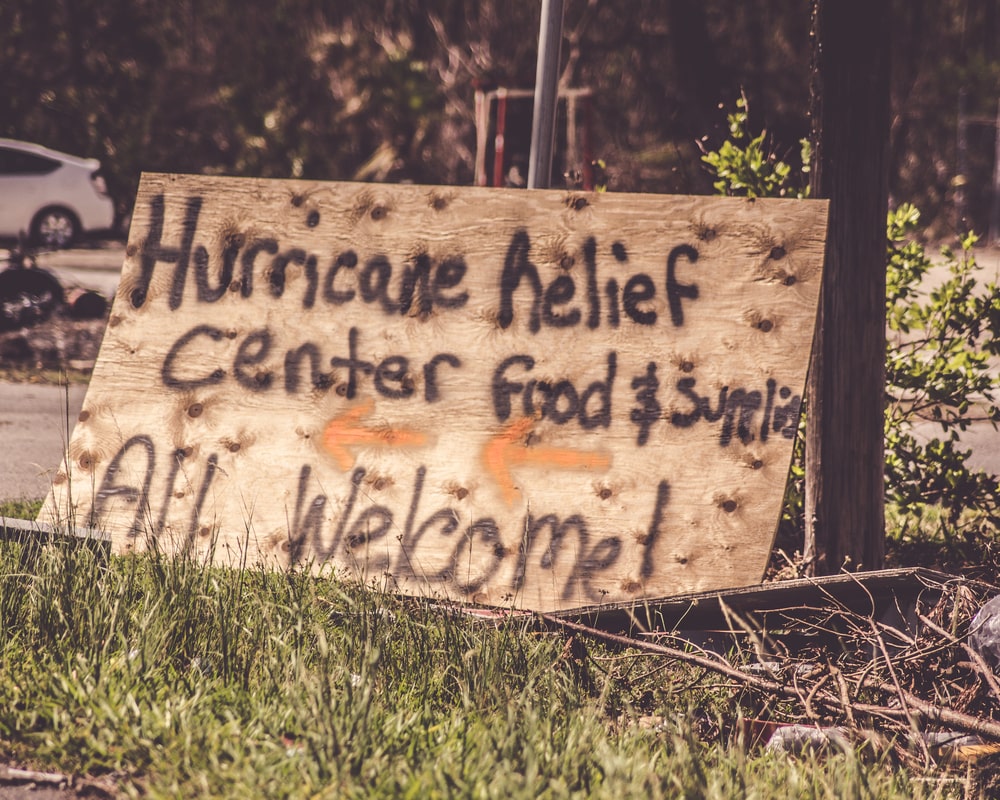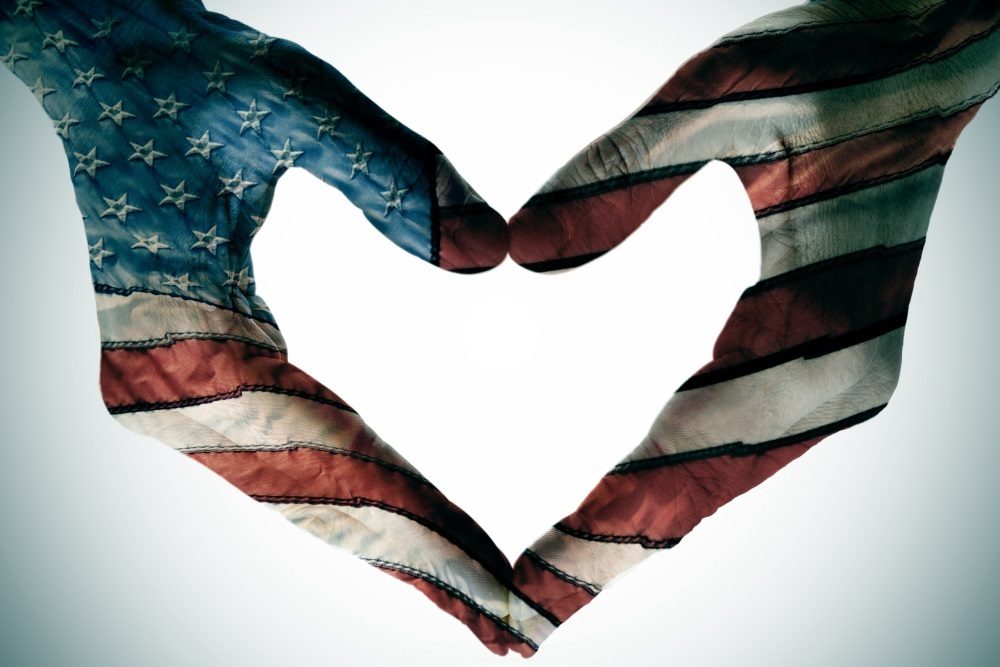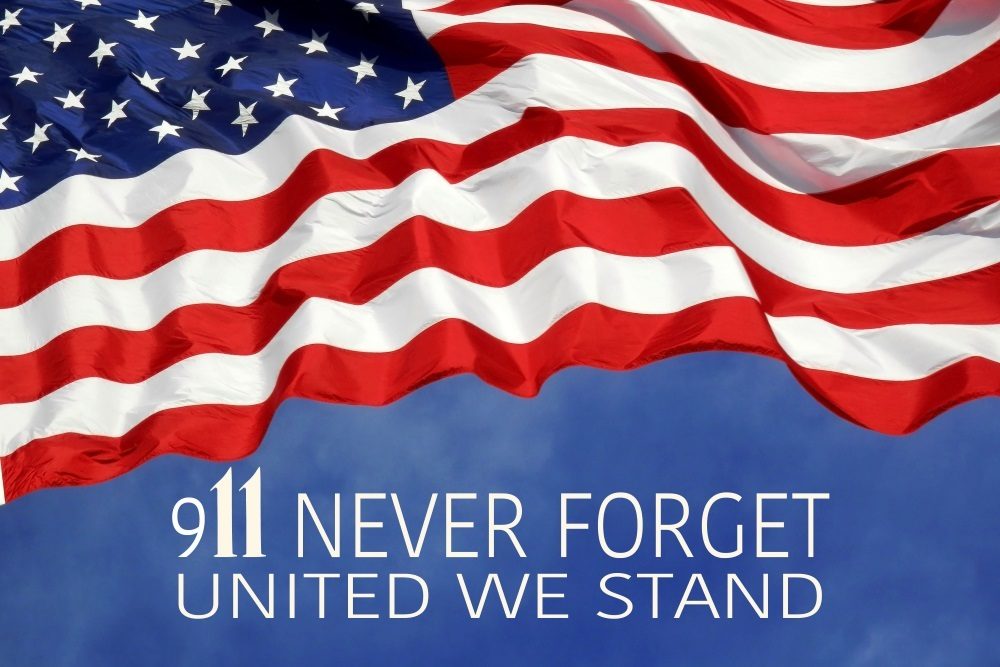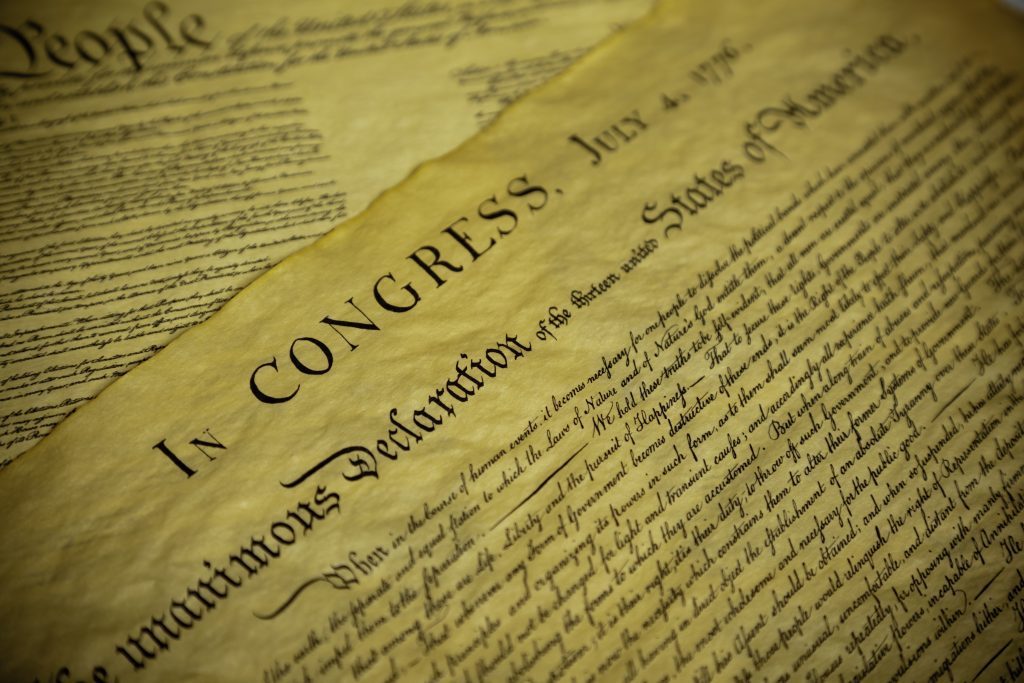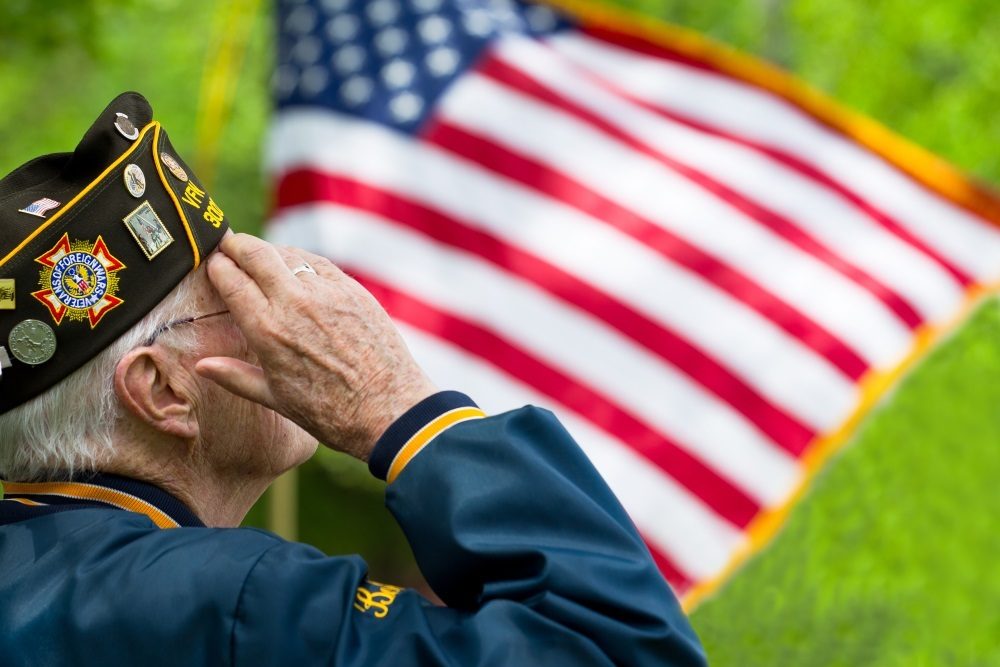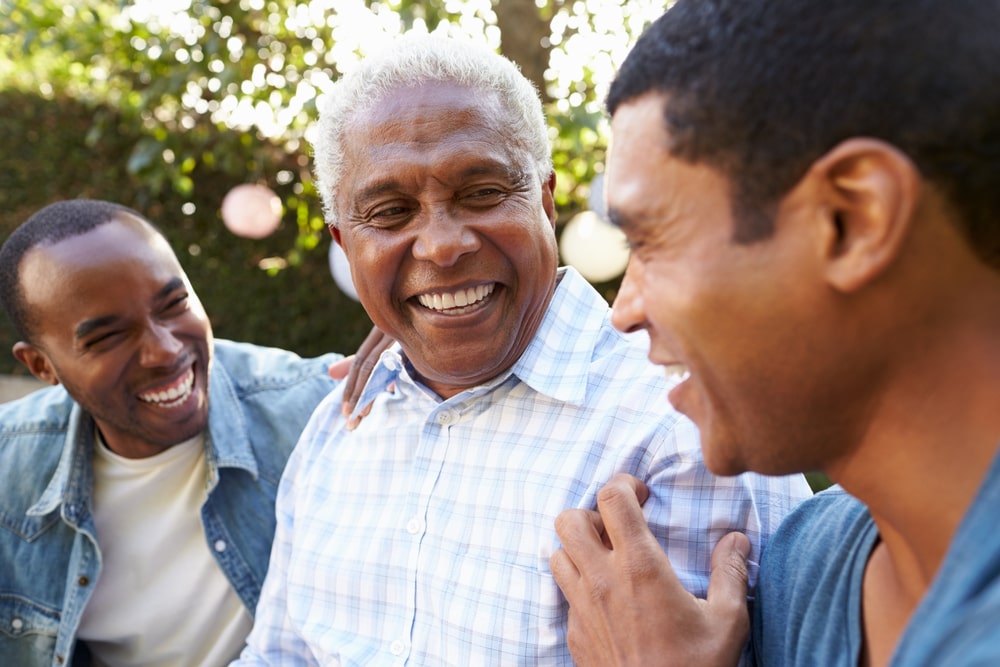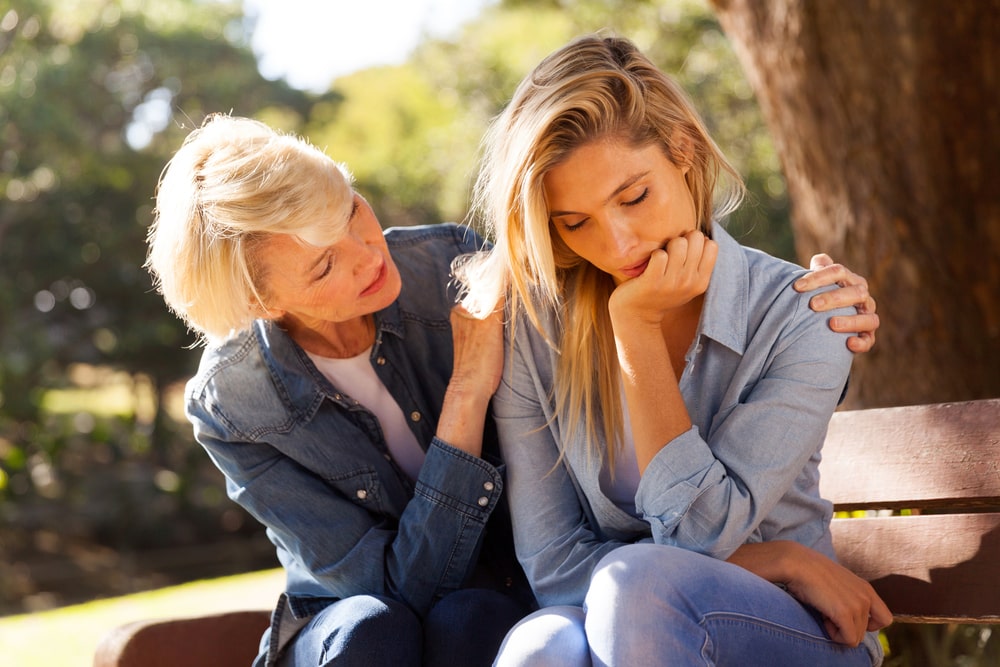
Thanksgiving is about reflection, remembrance, gratitude, and time spent with loved ones. Too often, we take our time on earth for granted, and before we are ready, a loved one is gone. While we are always aware that death will come one day to those we love, we aren’t prepared for that difficult day. But what if you could preserve the memory of your lost loved one, the stories of their life, the tone of their voice, and their beloved quirks of habit by conducting family interviews?
If the idea appeals to you, sit down with your living loved ones for an oral history interview. But what is an oral history interview, you may ask? Essentially, it entails intentionally spending time with someone, asking questions and recording answers. You may also see this practice called a family history interview or a life interview.

Why Should I Do This?
First and foremost, it’s a tangible way to show someone you love them. By sitting down with someone, spending one-on-one time with them, asking questions and sharing conversation, you add value to your and your loved one’s lives. You make them feel loved, appreciated, and that they are important to you. Also, think about what you could learn from your loved one’s successes, or even more importantly, from their mistakes? Did you know that your loved one used to go swing dancing every Saturday night as a young person? Did you know how they felt when their first child or grandchild was born?
People are simple and yet complex. So much of our lives take place internally. By asking questions, you can begin to know your loved one even more intimately and learn things about them that you may never have known.
Secondly, it’s a practical way to preserve family history for future generations, to discover the stories that bind our families together. In today’s world, so many people are interested in where they came from, what their ancestors were like, and what kind of life they lived. New websites pop up every day related to genealogy and family history. Do you want future generations to know something about your loved one? Take the time necessary to preserve your family’s story.
Thirdly, when the day comes that your loved one is gone, hopefully after a long and fulfilling life, you can take the information you’ve gathered and create a meaningful funeral service. Additionally, if you video your interviews, you will have priceless footage to use in the creation of a special tribute video that will be meaningful for the funeral service but also for future generations of family.
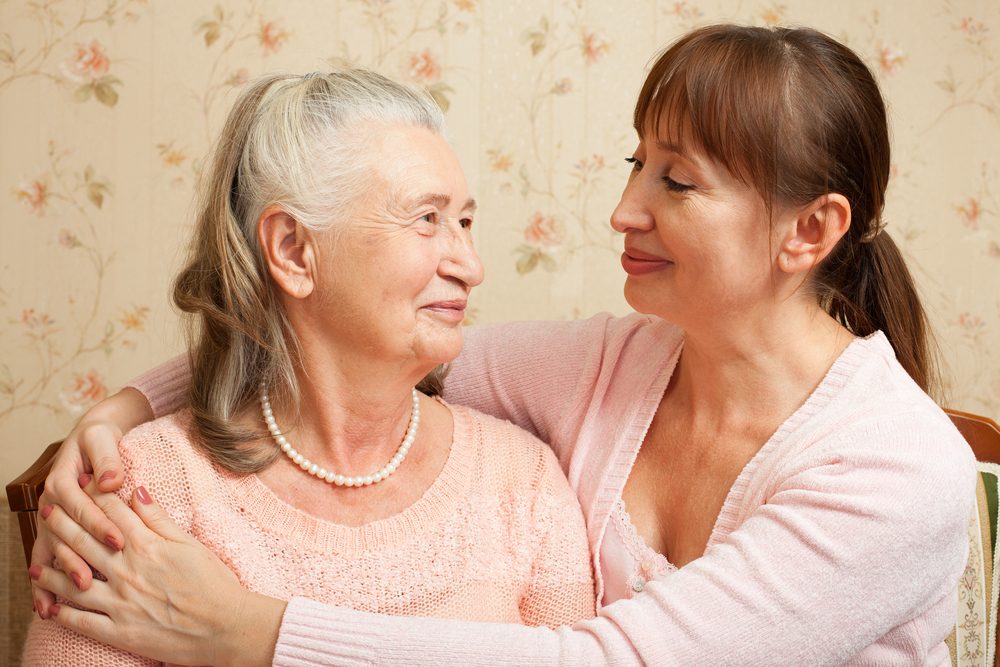
Who Should I Interview?
Whoever you want (but make sure to ask for permission first). You can interview your mom, dad, grandparents, aunts, uncles, a next door neighbor, or anyone else. You could even go down to an assisted living establishment and ask permission to interview some of the residents. Your interest in their lives might just make their day.
How Do I Do This?
- Determine what questions you will ask.
The first step is to decide what questions you want to ask. Thankfully, resources exist online that share in-depth, open-ended questions that you can ask your loved one. There are tips on interview etiquette, how to set goals for your interviews, and how to help everyone be at ease and enjoy the time together.

- Select a documentation medium.
The second step is to decide what medium you want to use to record your interviews. Some options are:
- Handwrite everything in a special journal
- Type everything on a computer
- Use an audio recording app or other equipment
- Film the interviews using a phone or other equipment
- A mixture of these options or something else that’s easy for you
- Spend quality time with your loved one.
Lastly, go spend time with your loved one. Start this Thanksgiving Day! If you need more time (and you probably will), talk to them and decide what day and time is best for a chat, whether in person or over the phone. Let the conversation flow naturally. Don’t get hung up on trying to get all your questions answered at once. Just be there and absorb. Remember, you won’t get everything recorded in one sitting. Take time, and have fun!
Yes, Thanksgiving is a time when families come together, enjoy each other’s company, and share laughter and memories. This year, what better way to show your thankfulness for your loved ones than by intentionally getting to know more about their lives?





